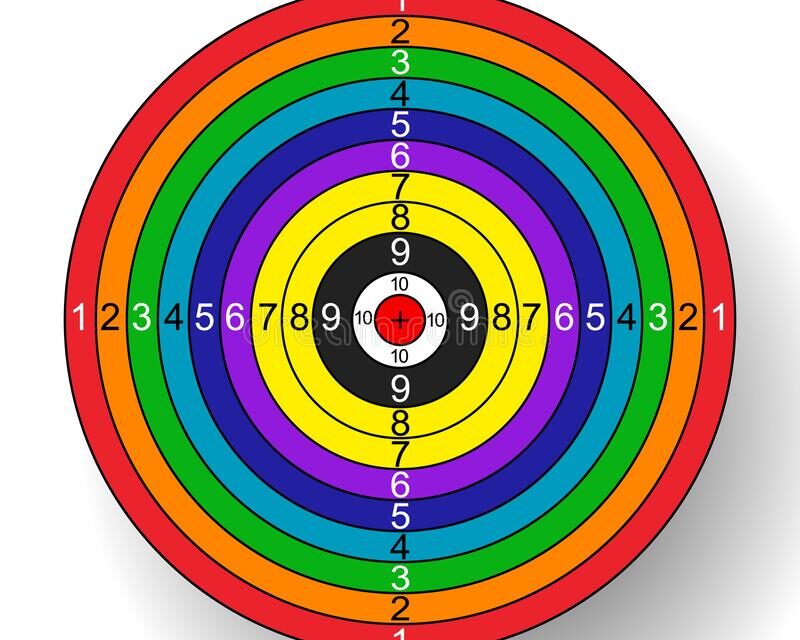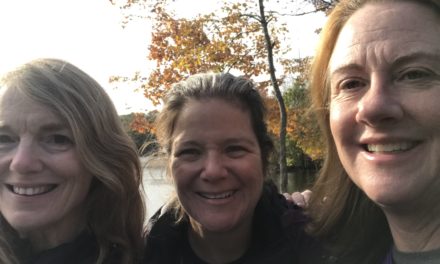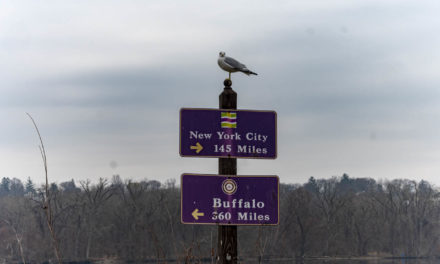It was Sunday morning. We were sitting at the dining table reading the NYT and attempting to keep our brains sharp with puzzles, when “Streets of Philadelphia” by Springsteen came on the Apple Music station I had randomly selected for a mellow morning. Immediately, my mind went to the AIDS pandemic.
You know how a song has the power to take you someplace, right?
It was only a couple of weeks before World AIDS Day, a time of the year when the weight of memories and the faces of those lost feels particularly heavy. I began to think about the presentation I’ve been doing about the AIDS pandemic for the past few years, considering updates and edits I may want to make. It’s important to check my facts and look at the most current statistics, even when the number of deaths reflect an increase which prompts me to wonder when “my” first pandemic will finally cease stealing lives.
Globally, approximately 41 million people have died of AIDS, more than 675,000 of them in this country. As I will tell my students, that’s a lot of sons, daughters, partners, parents and friends who have been lost. Why don’t we talk about these lives? Don’t they deserve to be remembered?
Fortunately, over on Instagram, the AIDS Memorial continually posts memories and images of those who were taken by a disease that our then president refused to name. Despite the sadness I feel with each and every introduction made, I continue to read those stories because I know that the dead want to be remembered. It seems the least I can do.
Last December on that site, a woman shared the story of her best friend, Ed, who had died in 1993. His face was familiar to me and one I believe I had been unconsciously seeking. I read the words she had written, becoming increasingly convinced that despite the difference in his physical appearance from when I had known him (approximately 8/92 – 8/93), it was the same man who never failed to make me laugh whenever I saw him. He was my Albany (Georgia) Ed, a patient at the medical practice in NYC where I had worked after receiving my undergraduate degree.
I recognized his smile, his energy. I remembered his voice, which had the loveliest little twang, from our phone calls and office visits. I reread her words and impulsively made a comment, wanting confirmation that her lost and dearly missed friend was indeed the same man I have never forgotten. We exchanged direct messages and I told her about the impression Ed had left upon me, how I had never forgotten him.
Ed’s friend and I were both touched, as well as consoled, by our contact. If we remember those we have lost, they’re never completely gone. Despite the nearly 30 years since Ed’s passing, he still was able to connect two women who had both cared for him.
It was deeply comforting.
Returning to the present, to that recent Sunday morning in my dining room, I turned my attention to Twitter only to learn that there had been a(nother) shooting, in Colorado this time at a venue populated with LGBTQ+ folks and their friends and family. What was supposed to have been a fun night of entertainment, instead became the scene of the latest hate crime against the LGBTQ + community. Five were dead, another 20+ injured.
Jesus Christ. Why does this country, this world hate those who identify as LGBTQ+?
How does someone’s gender or sexual identity or chosen pronouns affect anyone other than themself?
What must it be like to feel as if there’s a perpetual bullseye on one’s back simply because of who you are?
When will we as a society stop victimizing our LGBTQ+ members?
Today, World AIDS Day, would be a really good day to start.




